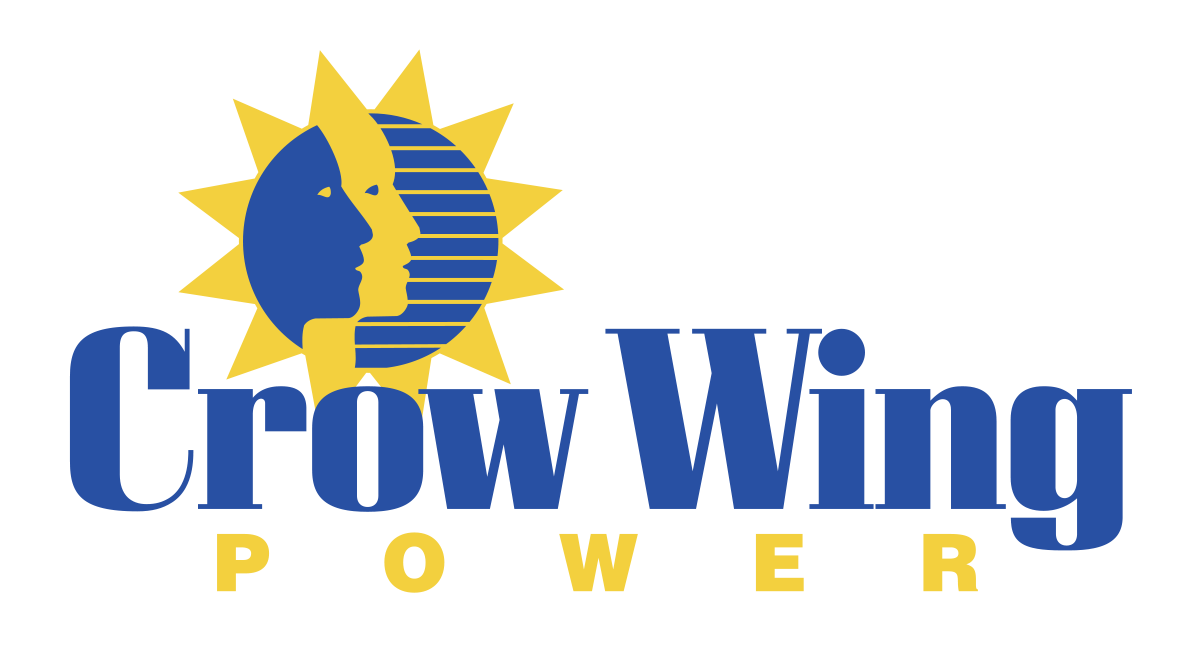The 2025 Minnesota legislative session officially wrapped up on June 9 following a one-day special session to finalize the state budget. Throughout the session, the Minnesota Rural Electric Association (MREA) worked on behalf of Minnesota’s electric cooperatives to advocate for policies that support reliable, affordable and sustainable energy for member-owners across the state.
Tragically, just days after legislators returned home, Minnesota was rocked by the horrific killings of Speaker Emerita Melissa Hortman and her husband, Mark, along with their beloved rescue dog Gilbert. Senator John Hoffman and his wife, Yvette, were also injured at their home early on the morning of June 14. Speaker Emerita Hortman was a longtime leader at the Capitol who had worked closely with MREA over the years on major legislation. Senator Hoffman is a bipartisan leader and a valued friend of Minnesota’s electric cooperatives. We mourn the loss of Speaker Hortman, pray for Senator Hoffman’s recovery, and extend our deepest sympathies to both families and all who were impacted.
As the state continues to process this tragedy, it’s also important to reflect on the work that was accomplished during the 2025 legislative session — including key issues affecting Crow Wing Power.
Supporting Reliable and Affordable Energy
While some of the most high-profile political debates made headlines this year, Crow Wing Power was focused on protecting the interests of co-op member-owners at the Capitol. We advocated for fair, common-sense energy policy and helped defeat several costly new mandates.
One of our major priorities was reforming Minnesota’s outdated net metering law, which currently requires cooperatives to pay above-market retail rates for excess electricity from rooftop solar systems. This policy results in increased energy costs for cooperatives, which results in a cost shift, forcing disproportionately poorer co-op members without solar panels to subsidize those who can afford them. Legislation to modernize this policy came close to passing and gained strong momentum. Though it wasn’t included in the final budget package, our coalition grew as policymakers understood the inequity of the current law, and we’ll continue to work on this issue in the year ahead.
We also led efforts to lift Minnesota’s moratorium on new nuclear energy. MREA helped form and lead the Minnesota Nuclear Energy Alliance — a diverse coalition of nearly 40 stakeholders representing utilities, labor, business, agriculture and the environment — to push for access to next-generation nuclear power. These new technologies offer safe, carbon-free, around-the-clock power that could help meet Minnesota’s carbon-free electricity goals. While the moratorium remains in place, support is growing rapidly across the state. We are hopeful our strong coalition will soon end Minnesota’s outdated nuclear moratorium once and for all. It’s time to allow Minnesotans to have this important conversation.
Other Highlights from the 2025 Session
- Tax Fairness for Co-ops: After months of negotiations, we secured a major win in the final tax bill: the passage of MREA’s property tax clarification bill. This commonsense reform corrects how electric cooperative infrastructure is taxed and will save Minnesota’s co-ops — and their member-owners — millions of dollars in the years ahead. The bill had broad bipartisan support and was ultimately prioritized by key legislative leaders in both chambers. This victory protects our ability to invest in rural infrastructure without unfair tax burdens.
- No New Mandates: We successfully fought off multiple proposals that would have imposed new costly regulations on cooperatives. Thanks to strong advocacy from co-op members and leadership in both parties, we preserved flexibility for our local, member-governed utilities.
- Data Centers: Lawmakers debated how to handle the rapid growth of large data centers and their impact on the power grid. In the end, a bipartisan deal was reached that included new energy efficiency requirements, fees to support conservation programs and tax incentives tied to clean energy usage. We were especially proud to help stop a harmful provision that would have penalized cooperatives for data center-related growth — a move that would have disproportionately hurt rural communities.
Make Your Voice Heard
Want to stay informed and make a difference? Join Voices for Cooperative Power (VCP) — a grassroots network of electric cooperative member-owners who care about affordable, reliable energy and protecting the cooperative way of life. It’s a free, easy way to stay updated on key policy issues, and when the time comes, VCP makes it simple to contact your lawmakers and make your voice count.
Visit voicesforcooperativepower.com/register to sign up.
